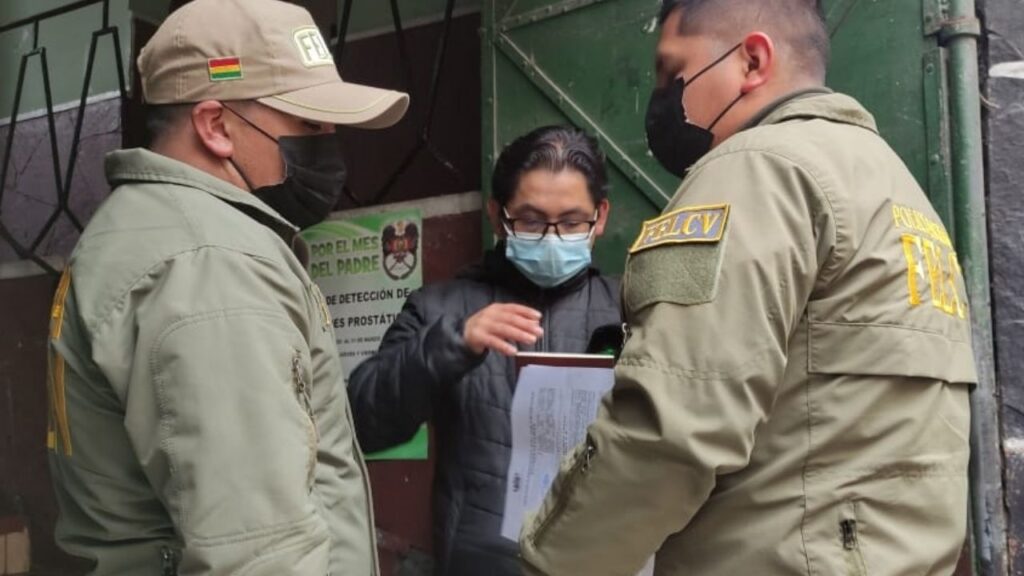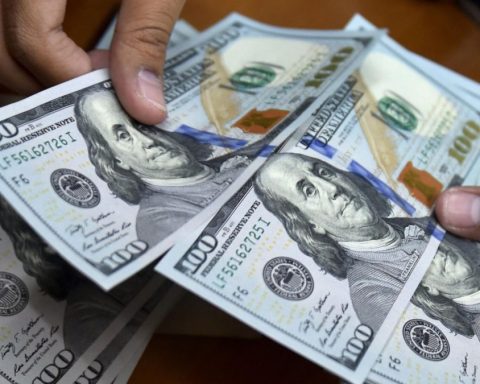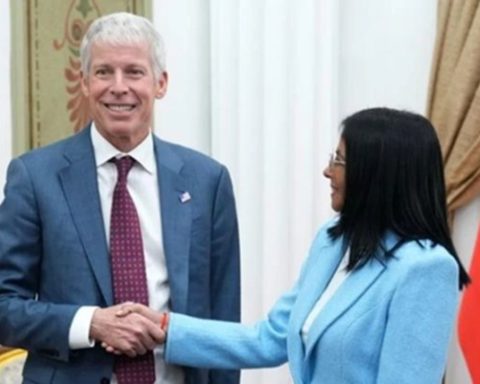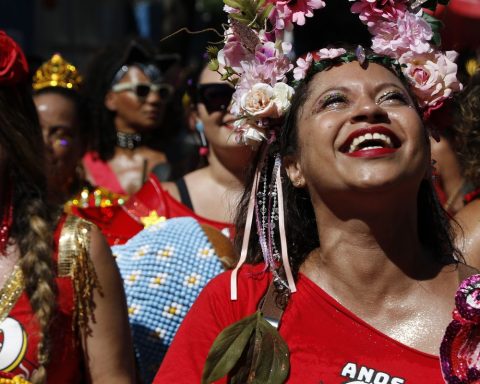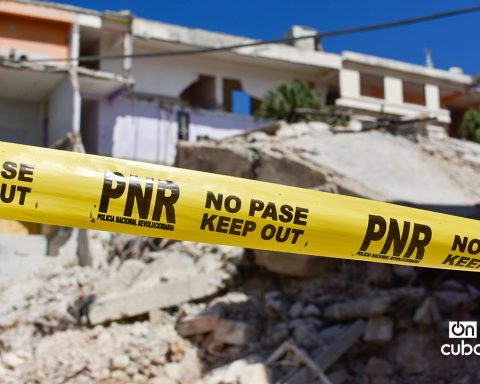The National Institute of Statistics and Censuses (Indec) will release this Wednesday the cost of living index corresponding to March, which, according to Economy Minister Martín Guzmán, closed the third month of the year with a rise of more than 6%.
“Inflation for the month of March is going to be the highest of the year, it is going to exceed 6%,” Guzmán said on Monday during a report with the news channel C5N, in reference to the data that the Indec will announce.
If this figure is confirmed, it will be one of the highest since 2016.
In April 2016, after the normalization of the institute implemented during the government of Mauricio Macri, the highest record was in September 2018, with a rise of 6.5 percent.
In that month, an exchange and financial run led to a rise in the dollar, to which was added a repricing of prices.
After this situation came the announcement of a second agreement with the International Monetary Fund (IMF), since the first was signed in June, which raised the total amount of the loan to the country to US$57,000 million.
The second mark in the level of importance of the IPC was 5.9 percent and was registered in September 2019after the dollar went from $45 to $60 in a single day in August of that year, after the resounding victory of the Frente de Todos formula over the official list headed by Macri.

Last night, Guzmán said that “the main concern of economic policy is the problem of inflation and ensuring that there is a recovery in real income, so it is very important to provide certainty instead of uncertainty.”
The head of the Palacio de Hacienda remarked that “today the world is experiencing the worst inflationary process in decades. Germany had no inflation. In a single month, in March, prices rose 2.2%.”
Guzmán wondered: “How do you attack the internal component of inflation? A few days ago, the Secretary of Commerce gave a very important and very true definition, and said that inflation is not going to be reduced with price policies. It is not you say price agreement and inflation is over. It doesn’t work like that”.
The minister reiterated that “inflation is attacked with macroeconomic policy, and two issues are needed here: one is an economic program. That already exists today. But on the other hand, political support is needed, because the economy does not function in a vacuum “.
Inflation above 6% exceeds even the calculations of the main analysts and private consultants who estimated that the retail price index registered an increase of 5.5% in March, above the 4.7% registered in February, according to the results of the Survey of Market Expectations (REM) carried out by the Central Bank.
At the end of last March, market analysts projected that retail inflation for the current year will be 59.2% year-on-year, with an increase of 4.2 percentage points compared to the previous survey carried out in the last days of February.
Likewise, the REM participants revised the inflation forecasts for 2023, placing it at 47.5% year-on-year, 2.5 percentage points more than the previous survey.
Guzmán emphasized that “today the main occupation of economic policy is the problem of inflation and ensuring that there is a recovery of real income. We hope that in this first quarter, wages beat inflation. Support is needed clear policy instead of carrying out actions that generate uncertainty”.












